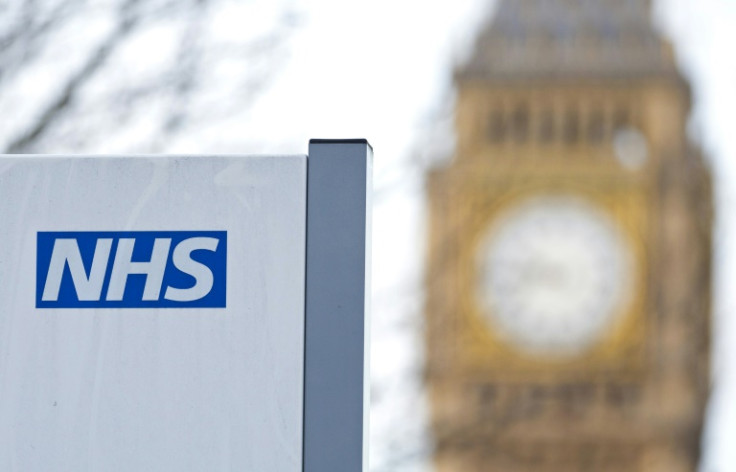Doctor Suspended from Birmingham Hospital for 'Poor English Skills' — Risk to Patients or Racism?
Many foreign-trained doctors have long worked in the NHS, filling critical workforce shortages

A Birmingham-based doctor has been indefinitely suspended from practising medicine in the UK after repeatedly failing English language exams, prompting debates about whether such rulings are essential for patient safety or unfairly target foreign-trained professionals.
Dr Monika Matko, who qualified in Hungary in 2003, first faced scrutiny in 2019 when colleagues reported concerns about her communication and record-keeping.
Despite positive references about her clinical work, the Medical Practitioners Tribunal Service ruled last week that her English remained below the level required to ensure safe practice, making her the latest in a series of international doctors disciplined under strict GMC rules.
The Case of Dr Monika Matko
In 2021, while working as a junior clinical fellow in medicine at Queen's Hospital in Burton, further complaints were made against Dr Matko. An email from a colleague stated that 'the constant need for cross-checking everything that she does is having a toll on the rest of the team.'

The General Medical Council (GMC) ordered Dr Matko to take an English language test. When she failed to meet the required standards in listening, reading, writing, and speaking, she was suspended for six months. A series of review hearings followed, with each panel concluding that her fitness to practise remained impaired due to inadequate English.
Last week, the Medical Practitioners Tribunal Service (MPTS) determined that little progress had been made and ruled to suspend her indefinitely.
Language Barriers in the NHS
Dr Matko's case is not an isolated one. Under rules introduced in 2014, all doctors from the European Union can now be tested for English proficiency before being licensed to practise in the UK.

In 2015, Italian doctor Alessandro Teppa became one of the first EU medics suspended under the law after repeatedly failing English tests. Around the same time, Polish cardiologist Tomasz Fryzlewicz was restricted to working under direct supervision after concerns about his comprehension of clinical instructions.
The GMC argues that these measures are essential to protect patients. Niall Dickson, then chief executive of the GMC, said of Teppa's case, 'This doctor should not be able to practise in the UK again until he can demonstrate he is able to communicate effectively.'
A History of Tragedy
The drive to tighten language checks was partly fuelled by the case of German locum doctor Daniel Ubani.
In 2008, Ubani administered a fatal overdose of diamorphine to patient David Grey on his first shift in Cambridgeshire. At the time, EU law allowed him to register without proving his English skills.

The tragedy sparked outrage and pushed regulators to demand stronger safeguards against language barriers in clinical practice.
A Fine Line Between Safety and Discrimination
While regulators frame these suspensions as a matter of patient safety, critics argue that language-based restrictions can carry undertones of discrimination. Many foreign-trained doctors have long worked in the NHS, filling critical workforce shortages. Some colleagues and patients have defended suspended doctors, insisting that their communication skills were functional, even if accented or imperfect.
In Dr Matko's case, positive references were submitted to the tribunal about her recent work, but none specifically addressed her English ability. Her representatives said she had enrolled in multiple courses to improve her language skills, but had not yet provided certification.
The tribunal's chair, Sean Ell, acknowledged the efforts but concluded, 'Her fitness to practise remains impaired due to her lack of knowledge of the English language.'

Critics, however, warn that equating imperfect English with incompetence risks sidelining talented professionals in the field at a time when the NHS faces acute staff shortages. While exact figures are varied, but foreign-trained doctors reportedly account for approximately one-third of the total NHS workforce.
With Dr Matko suspended indefinitely, her case sits at the centre of a wider debate, one that forces the NHS to grapple with whether these disciplinary actions reflect genuine risks to patients, or whether they sometimes veer into institutional bias against foreign-born doctors.
© Copyright IBTimes 2025. All rights reserved.




















